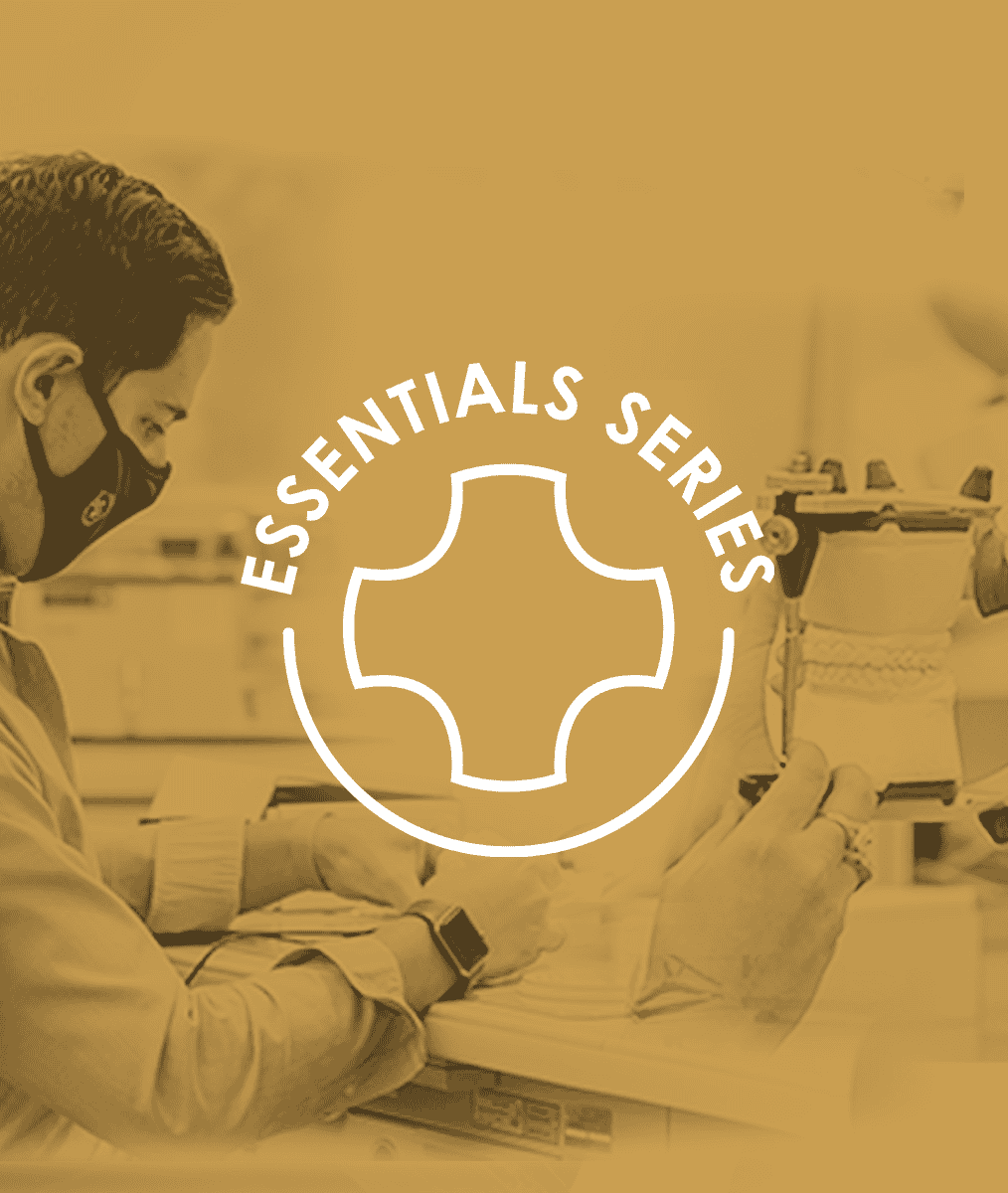
From Denial to Acceptance and Action
Denial in dentistry is often more subtle than how it appears in other medical professions. Because the denial doesn’t stem from a life-threatening situation, it isn’t as apparent to us or to our patients.
How we respond in a situation where patients react illogically to our recommendations can make all the difference in our effectiveness at helping them. Ultimately, trying to force feed convincing information leads nowhere. It simply encourages our own doubt in ourselves or leads to inaccurately judging a patient’s level of motivation.
There is an alternative to backing off and laying the discussion aside. This alternative depends on an understanding of the process of denial and enables us to enter into that process with our patients.
What is Denial and How Does it Affect Our Patient Care?
Many of us have experienced denial wrenchingly in our personal relationships or less severely with difficulties like having too much stress or high cholesterol. By definition, we don’t see our behavior or feelings in these moments as denial.
Remembering this will help you relate to your patients with a greater degree of empathy. Also, don’t forget that denial is normal. It can’t be avoided or overcome, so it’s much more helpful to approach it empathetically.
One of the most common ways I see denial showing up in dentistry is when patients avoid treatment we have recommended. The fact that these treatments don’t usually involve anything life threatening doesn’t mean they aren’t a significant loss for the patient. What seems like an insignificant diagnosis to us (bite problems or decay) can feel like a loss of a measure of health to them.
There is much to be said on this topic, but the most important thing to do first and foremost is to think of your role as one that is not just informative. The patient is in denial not because they doubt the validity of your assessment. They simply don’t believe the implications are true for them.
Patience is the true means for helping patients through denial. They will come to recognize what they can’t see clearly after guided conversation and appropriate questioning.
How do you recognize denial in your dental practice? We’d love to hear from you in the comments!
Related Course
E4: Posterior Reconstruction and Completing the Comprehensive Treatment Sequence
DATE: February 27 2025 @ 8:00 am - March 3 2025 @ 2:30 pmLocation: The Pankey Institute
CE HOURS: 44
Dentist Tuition: $ 7400
Single Occupancy with Ensuite Private Bath (per night): $ 345
THIS COURSE IS SOLD OUT The purpose of this course is to help you develop mastery with complex cases involving advanced restorative procedures, precise sequencing and interdisciplinary coordination. Building on…
Learn More>






